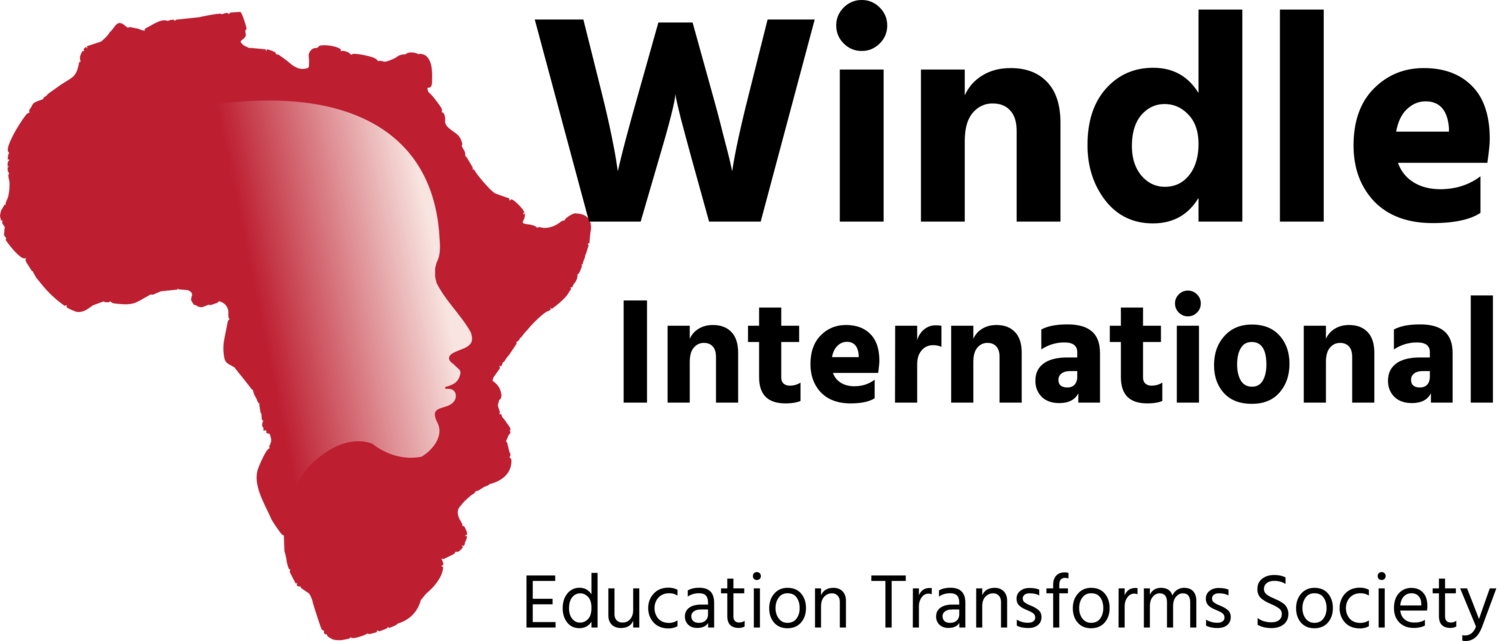#BreaktheBias: New film launched for International Women’s Day
“You know, when you educate a woman and you put a woman forward, you educate the whole of society."
Manahil is a school president, and one of the women profiled by Windle International Kenya in their new short film, Break the Bias. The film, which has been launched ahead of International Women’s Day 2022, showcases the perspectives of women in leadership positions across some of the schools operated by Windle International Kenya in refugee settings.
Educating girls can transform society
As UNHCR states, when girls are educated, everyone benefits. Educated girls mean stronger economies, fairer societies and more resilient communities.
When girls receive an education, they are less likely to marry young. They are better able to make decisions for themselves and their families, and take part more meaningfully in conversations that affect them.
Educating girls leads to more peaceful and equitable societies, where boys, girls, men and women can reach their true potential.
So, what’s the issue?
Around the world, over 130 million girls are out of school. Conflict drastically reduces opportunities for girls to continue their education. Girls in conflict-affected areas are 90% more likely to be out of secondary school than those living in areas without violence.
In eastern Africa, girls living in refugee camps and settlements, and those living in communities affected by conflict and marginalisation, are most vulnerable. Factors such as lack of adequately trained teachers, over-crowded classrooms and limited access to services result in poor quality education for many. Lack of electricity, internet and even basic necessities like food, water and sanitation all disproportionately and negatively impact girls.
How can we change this?
We have a long history of working with girls in refugee communities and those affected by conflict in Kenya, Uganda, Sudan, South Sudan and, most recently, Somalia.
We provide truly inclusive, quality education at every stage, from early childhood development centres, to postgraduate education, to vocational training.
Our approach works because of our unique and trusted position within the communities we work with. Our staff and teachers are from those communities, they live and work there, and are part of life in many of the places in which we work. Our interventions increase community support for educating girls, improve teacher to student ratios in classrooms, provide extra teaching and learning materials and offer remedial classes to help girls catch up when needed.
